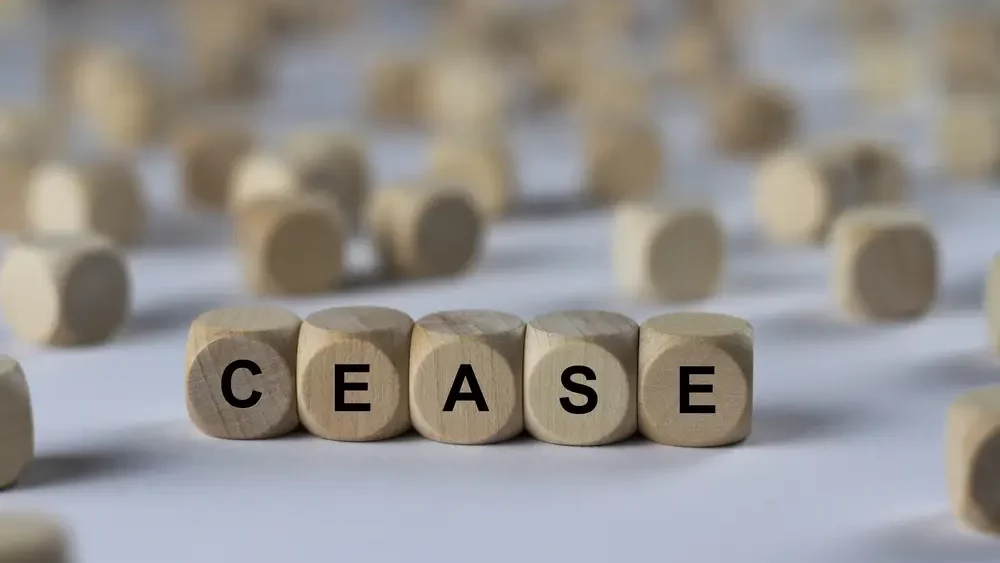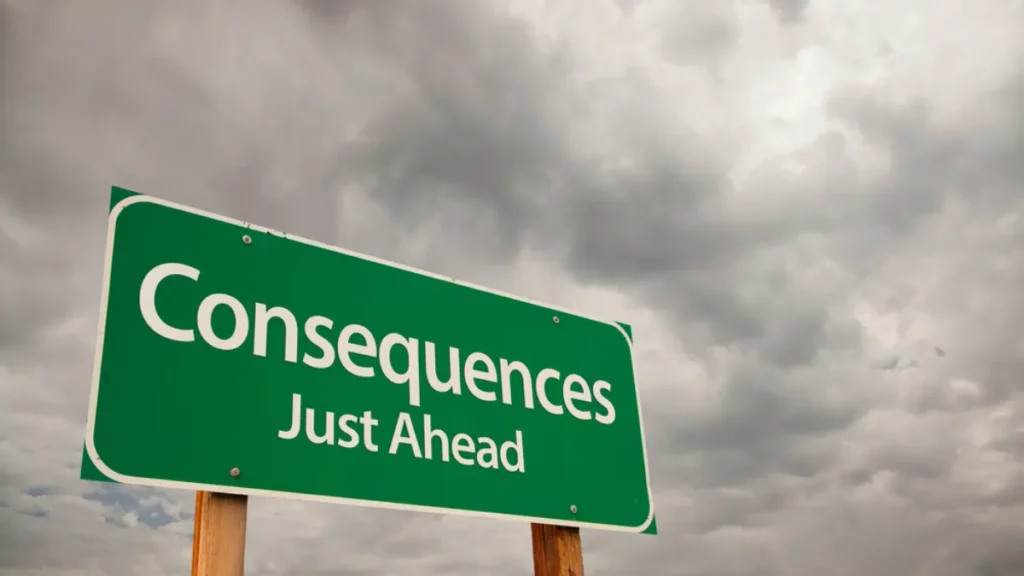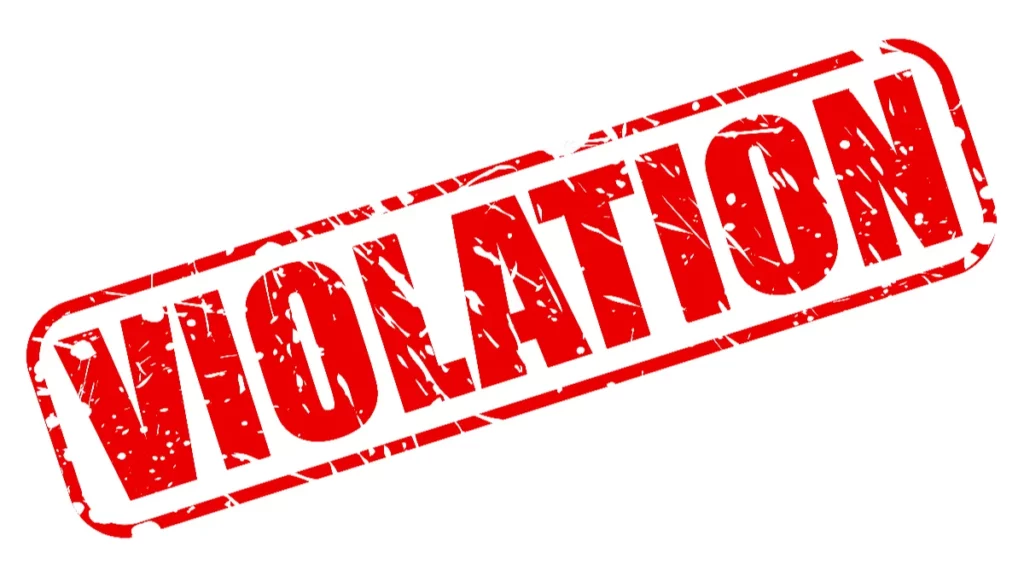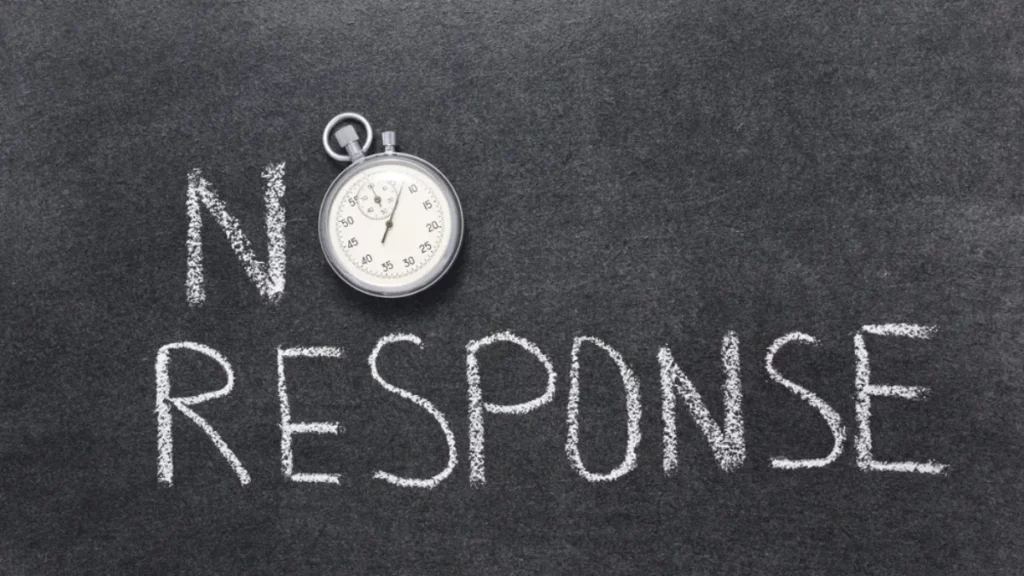
This site is reader-supported. We may earn a small commission if you make a purchase from one of our partners.
Chances are, you’ve heard the term “Cease and Desist” used in several different ways. But in reality, what does a Cease and Desist Letter do?
This article will answer the fundamental questions about Cease and Desist letters, including their use, how to write one, and the best ways to send them.
Ready? Let’s get started.
What is a Cease and Desist Letter?

A Cease and Desist Letter is a document sent to an individual or business to stop a specific behavior (“cease”) and not take it up again later (“desist”).
The letter will detail what the recipient is doing that’s causing issues, request that they immediately stop (cease) this activity, and warn them of the consequences if they don’t comply (desist).
Cease and Desist letters are often used when someone infringes on another person’s intellectual property or other legal rights.
What Does a Cease and Desist Letter Do?

The primary purpose of a Cease and Desist letter is to help resolve an issue without hiring an expensive attorney or law firm to litigate your matter.
In an ideal scenario, once the recipient receives the Cease and Desist letter, they’ll realize they’re in the wrong and agree to stop the offending behavior.
This saves everyone time, money, and stress in the long run.
Of course, this doesn’t always happen. In some cases, the recipient may choose to ignore your request or continue with the offending behavior, even after the threat of legal repercussions.
If this happens, you can still take them to court – but you’ll likely have a stronger case if you have delivered a formal Cease and Desist letter.
What is the Process for Sending a Cease and Desist Letter?

There’s no one-size-fits-all answer to this question, as the process will vary depending on the situation.
However, there are some general steps you can follow when sending a Cease and Desist letter:
Do your research
Before you send a Cease and Desist letter, it’s essential to do your research and make sure you have a strong case. This means looking into the law, speaking to an attorney, and gathering evidence to support your claims.
Draft your letter
Once you’re ready to move forward, it’s time to start drafting your Cease and Desist letter. This process will vary depending on the situation. Still, there are some key elements you’ll want to include, such as a description of the offending behavior and a request that the recipient stops this behavior immediately.
If you are looking help, our professional service
Send your letter
After your Cease and Desist letter is drafted, it’s time to send it to the recipient. Again, there’s no one-size-fits-all answer here, but you’ll want to choose a method to ensure the letter is received (such as certified mail with a return receipt requested).
Take further action
If the recipient doesn’t comply with your request to stop the offending behavior, you may need to take further action, such as filing a lawsuit or going to court.
Again, the process for sending a Cease and Desist letter will vary depending on the situation. However, following these general steps will help ensure you’re taking the proper steps to protect your legal rights.
Are There Consequences for Ignoring a Cease and Desist Letter?

Yes, there can be consequences for ignoring a Cease and Desist letter. The sender may pursue legal action if you miss the letter and continue with the offending behavior.
Additionally, if you’re sued, the court may order you to pay damages, including the sender’s attorney’s fees and court costs.
Of course, every situation is different, so it’s essential to speak to an attorney before taking action.
Can I Sue if Someone Violates a Cease and Desist Letter?

Yes, you can sue if someone violates a Cease and Desist letter. However, it’s important to note that simply sending a Cease and Desist letter does not automatically mean you’ll win in court.
The court will still need to hear your case and decide whether the person violated your legal rights.
If you’re considering a lawsuit, it’s important to speak to an attorney to discuss your options for legal claims.
What Are the Potential Pitfalls of Sending a Cease and Desist Letter?

Before sending a Cease and Desist letter, you should be aware of the potential pitfalls.
First, the letter could backfire and worsen the situation if you’re not careful. For example, if you make false claims or threaten legal action without a strong case, you could face a lawsuit or civil claim.
Additionally, some states have laws that protect recipients of Cease and Desist letters from being sued. These laws are called “anti-SLAPP” and they vary from state to state. These laws are in place to help protect individuals and businesses from being intimidated by baseless lawsuits or demand letters.
Before sending a Cease and Desist letter, it’s important to research and ensure you’re aware of the potential pitfalls.
How do I Get a Cease and Desist Letter?

In our recent article How to Get a Cease and Desist Letter, we reviewed the various ways to create a Cease and Desist letter. They include:
Write it yourself
This is the least expensive option. Just be sure that you know what your are doing and that your spelling and grammar are immaculate. Check out our Ultimate Guide for more details
Expected Cost: Free (excluding shipping)
Use a template (RECOMMENDED)
This is our recommended option. Using a professional document service like Law Depot can help you get a professional letter, with minimal time and expense.
Expected Cost: $25 – $50 + shipping
Hire a freelancer
If you struggle with how to word your letter, you can always hire a freelancer to write it for you. You can find economical options on both Upwork and Fiverr. But remember: you get what you pay for.
Expected Cost: $100 – $200 for a US-based writer
Hire a lawyer
This is the most expensive option, but it could also be the best option if you have a complex legal issue. An experienced lawyer will know how to word your letter and help you navigate potential pitfalls.
Expected Cost: $500 – $10,000
Can I Send a Cease and Desist Letter Anonymously?

No, you should not send a Cease and Desist letter anonymously. Your name and contact information must be included in the letter.
If you’re concerned about retaliation, we recommend hiring a lawyer to send the letter on your behalf. This will help protect your identity and ensure the letter is taken seriously.
What if the Recipient Doesn’t Respond?

If the recipient does not respond to your Cease and Desist letter, you may take them to court for an injunction.
Remember, lawsuits can get very expensive and should be considered a last resort. Before taking this step, do some soul-searching and research whether you believe you will win the case. If you need advice on this front, speak to a law firm or an attorney for guidance before taking any legal action.
What is the Difference Between a Cease and Desist Letter and an Injunction?

A Cease and Desist letter is a formal request to stop an offending behavior. An injunction is a court order that requires the recipient to stop the offending behavior. These are also known as Cease and Desist Orders and can take the form of either a temporary injunction (which will be lifted if specific criteria are met) or a permanent injunction (which permanently bars a person or business from a particular type of activity).
If the recipient ignores the Cease and Desist letter, the sender may take them to court to get an injunction.
Of course, every situation is different, so we recommend speaking to an attorney before taking any legal action.
Final Thoughts
A Cease and Desist letter is a formal request to stop an offending behavior. If executed appropriately, it can help you get relief from the conduct of a third party without having to resort to expensive lawsuits or further legal action.
Do you need an effective Cease and Desist Letter? Start your letter now with Law Depot!

Wes Talisman is a freelance journalist who helps answer common legal questions for everyday people. He’s never won a Pulitzer Prize, but he does write a stellar Cease and Desist letter.